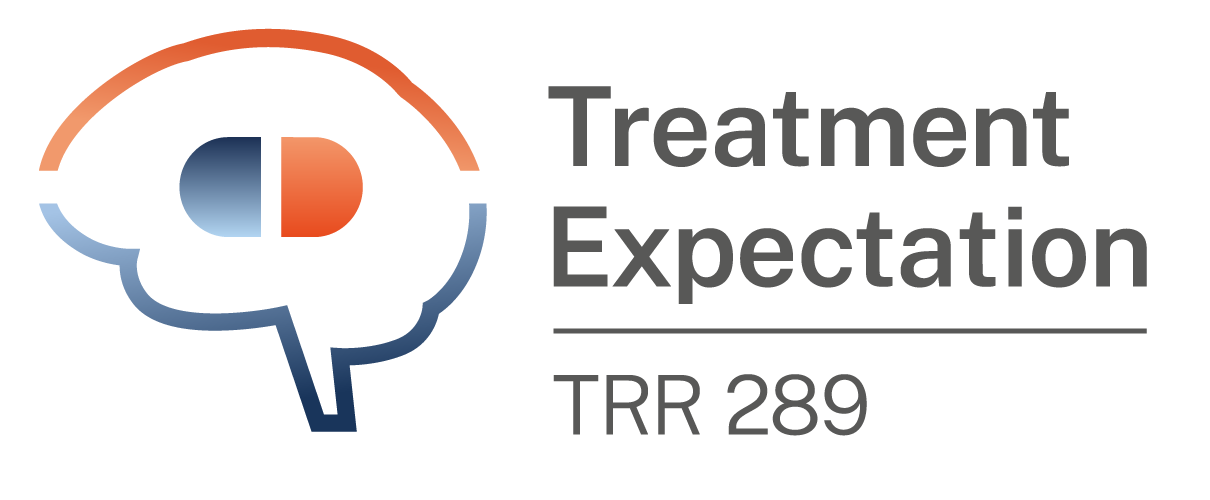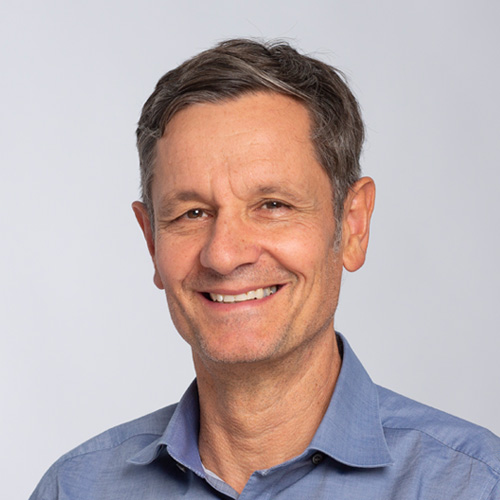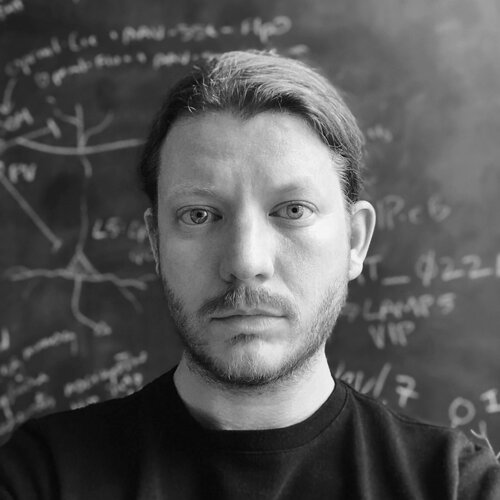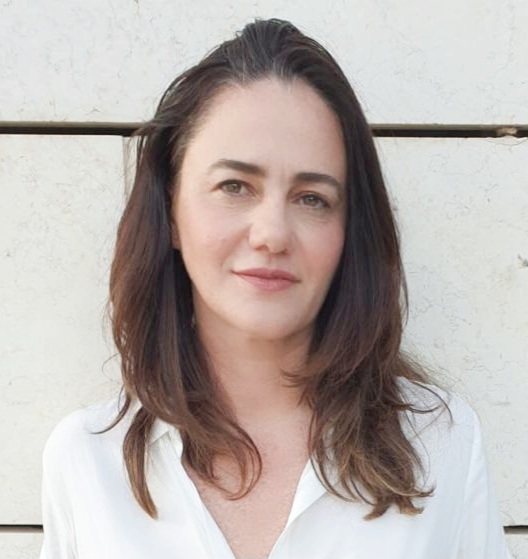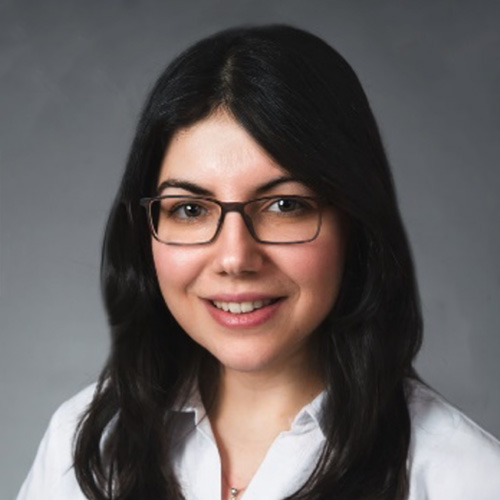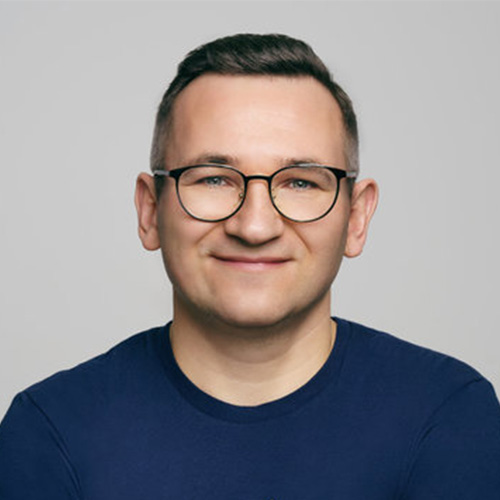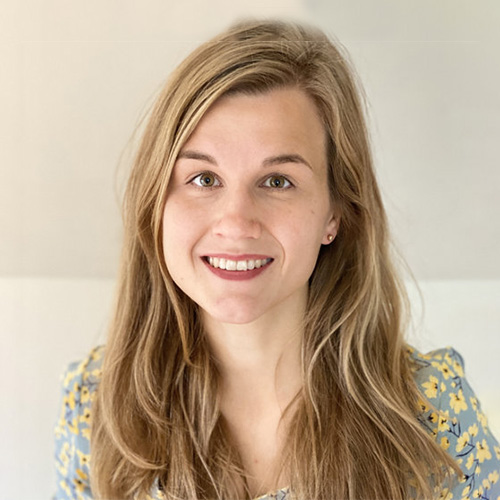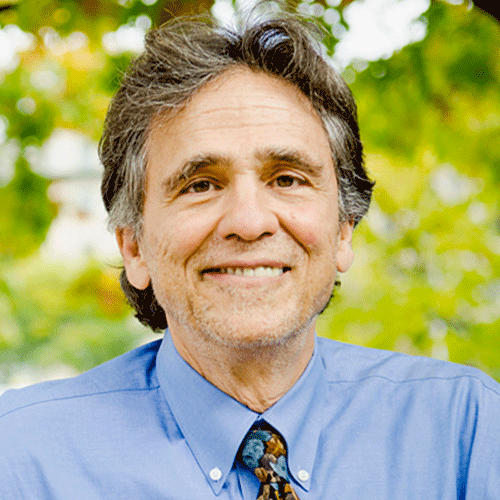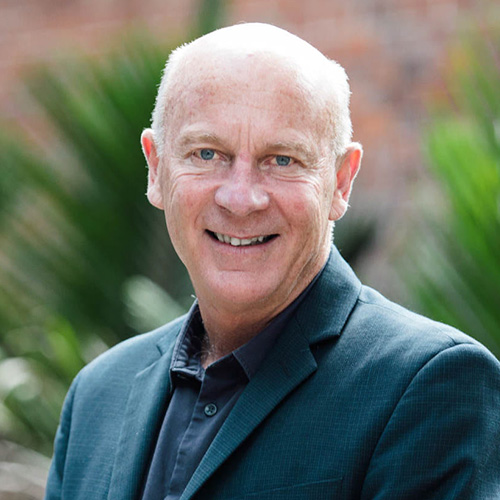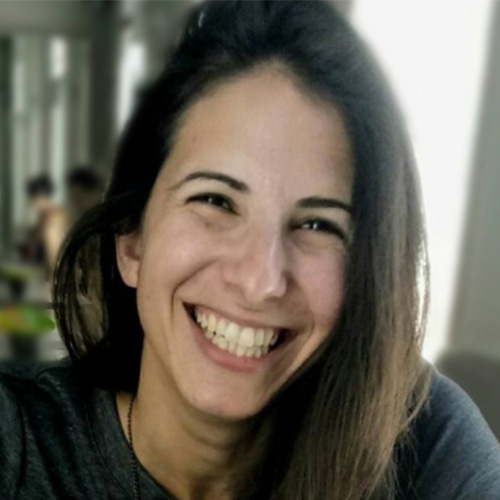Expectation-driven calibration of nociceptive dynamics in midbrain opioidergic circuits
Abstract description
Opioid analgesics and endogenous peptides engage mu opioid receptor (MOR) signaling across multiple brain regions to alleviate pain. Notably, the ventrolateral periaqueductal gray (vlPAG) plays a dual functional role for both nociceptive processing and robust antinociception. However, the molecular identity, signaling dynamics, and plasticity of MOR+ neurons in vlPAG, as well as their role in pain and endogenous analgesia, remains unclear. Here, we characterized the nociceptive MOR+ neural populations in the vlPAG to gain insight into the molecular markers and temporal dynamics that define this functional ensemble. To this end, we employed mouse and viral genetic approaches to capture, monitor, and manipulate vlPAG cell-types at the intersection of nociception and molecular MOR expression across acute and inflammatory pain states. Using the targeted recombination in active populations (TRAP) approach, we found a gradient in pain-active vlPAG neurons that increased posteriorly, suggesting spatial heterogeneity in vlPAG with respect to pain processing. Next, we distinguished molecular markers of pain-active vlPAG MOR+ neurons, such as Vglut2 and Vgat, while further defining the projection targets of MOR+ cells using TRAP. Capitalizing on a MOR promoter-driven viral vector, we used in vivo fiber photometry imaging to record calcium transient activity reported by fluorescence of the genetically encoded calcium indicator GCaMP6f in MOR+ vlPAG neurons. With this approach, we discovered that vlPAG MOR+ neurons broadly demonstrate increased calcium activity in response to acutely noxious stimuli that was suppressed by morphine. Additionally, calcium activity in this population was enhanced following induction of Complete Freund’s Adjuvant inflammatory pain. In contrast to the MOR+ population, optogenetic activation of enkephalinergic interneurons in vlPAG produced antinociception during hotplate exposure indicating a potential local microcircuit that blunts the activity of nociceptive MOR+ neurons and associated pain behavior. Next, to assess endogenous opioid analgesia, we developed a novel non-pharmacological placebo model that utilizes instrumental conditioning to drive expectation-mediated analgesia. In our optimized endogenous analgesia conditioning (EAC) paradigm, we found that EAC mice prefer to spend significantly more time in the formerly innocuous paired context and display attenuated nocifensive behaviors, compared to non-conditioned controls, which correlated with reduced population calcium activity of MOR+ vlPAG neurons. Thus, the EAC model combined with cell-type specific viral tools for genetic access to opioidergic neural circuits serves as a strong platform to investigate the malleable nature of pain perception in preclinical pain models.
Bio
Gregory Corder is an Assistant Professor at the Department of Psychiatry and Department of Neuroscience, Perelman School of Medicine, University of Pennsylvania, Philadelphia.
Gregory’s research has aimed to uncover how brain and spinal cord circuitry converts emotionally sluggish nociceptive information into an affective painful experience. He has based his scientific interest on studying the fundamental properties of nerve circuits and how best to advance translational efforts to develop novel strategies for clinical pain relief. Gergory’s group is taking a comprehensive multidisciplinary approach to advance our understanding of how brain processes give rise to perceptions and motivations caused by endogenous and exogenous opioids in the brain's limbic and cortical circuits. The aim of their projects is to improve the mental, physical and social health of patients with chronic pain.
Website: Corder . Lab @ PENN

